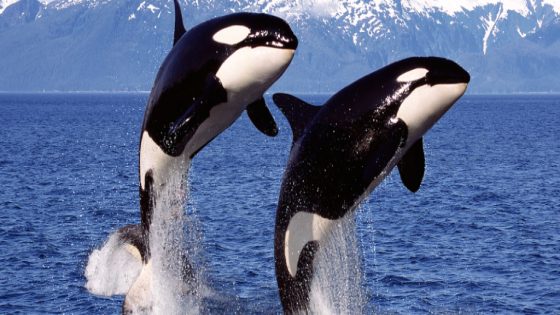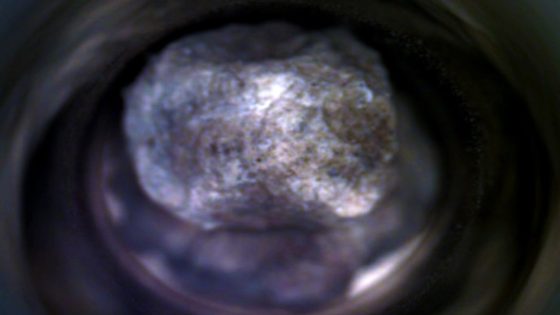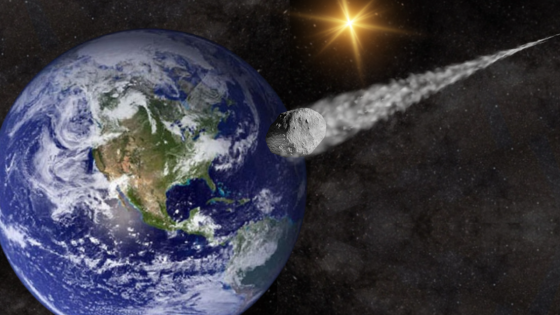In a surprising twist of nature, orcas have been confirmed as predators of white sharks, a revelation that has implications for marine ecosystems worldwide. This discovery, reported in early 2023, highlights a growing trend of orca predation on one of the ocean’s top predators, raising questions about how this behavior might affect marine life in various regions.
- Orcas are preying on white sharks globally.
- Liver extraction behavior observed in orcas.
- DNA confirms orca involvement in shark attacks.
- Orca predation affects marine ecosystem dynamics.
- Different orca groups have unique hunting strategies.
- Research published in Ecology & Evolution.
Orca Predation on White Sharks: A Global Concern for Marine Ecosystems
Could orcas be changing the dynamics of marine life? Recent findings indicate that orcas are not just hunting white sharks in South Africa but are also doing so in Australian waters. This behavior challenges our understanding of predator-prey relationships in the ocean.
Understanding the Impact of Orcas on Shark Populations
The discovery of a white shark carcass in Australia, showing signs of orca predation, marks a significant moment in marine biology. Researchers found DNA evidence confirming that orcas are indeed hunting white sharks, suggesting this behavior may be more widespread than previously thought. What does this mean for the balance of marine ecosystems?
- Orcas are highly intelligent and adaptable predators.
- Different orca groups have unique hunting strategies.
- The predation of white sharks can lead to ecological shifts.
- Understanding these interactions is crucial for conservation efforts.
Why Are Orcas Targeting White Sharks?
Orcas, known for their sophisticated hunting techniques, have shown a preference for the nutrient-rich livers of white sharks. This targeted predation could be a strategy to exploit a vital food source. The implications of this behavior extend beyond the orcas and sharks themselves, potentially affecting the entire marine ecosystem.
The Broader Implications for Marine Life
The rise of orca predation on white sharks could disrupt the balance of marine life. White sharks are key regulators in their ecosystems, and their decline could lead to overpopulation of their prey species. This cascading effect can alter food webs and biodiversity in significant ways.
What Can Be Done to Monitor These Changes?
Monitoring orca predation on white sharks is essential for understanding the future of marine ecosystems. Researchers emphasize the need for continuous observation and data collection to assess the impact of these interactions. Conservation efforts must adapt to these new dynamics to protect marine biodiversity.
In conclusion, the confirmation of orcas preying on white sharks opens a new chapter in our understanding of marine predator relationships. As we learn more about these interactions, it becomes increasingly important to consider their implications for marine ecosystems globally.































